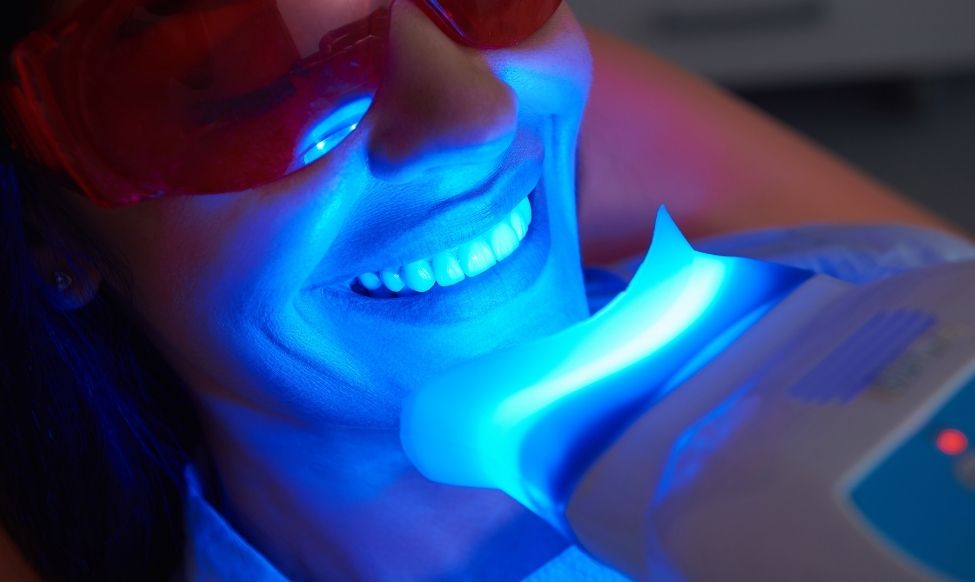Would you have your teeth whitened at the mall?
Apparently, so many people were happily squeezing in teeth whitening on their shopping trips (as well as in other non-traditional venues such as salons and spas) that local dentists complained to the North Carolina State Board of Dental Examiners that they were losing patients to non-dentists who offered teeth whitening services at lower prices. In response, the Board sent nearly 50 cease-and-desist letters to commercial teeth whitening providers and manufacturers, warning that the unlicensed practice of dentistry is a crime. Although the state’s Dental Practice Act does not specifically include teeth whitening in the definition of dentistry, the letters effectively cleared mall kiosks of non-dentist providers of teeth whitening services.
The Federal Trade Commission was not as pleased with the Board’s actions as the dentists. The FTC filed a complaint alleging violations of the Sherman Act, characterizing the Board’s letter-writing campaign and other activities as anticompetitive conduct and evidence of unfair competition.
The Board moved to dismiss the complaint, arguing that it was a state agency and thus immune from antitrust suits such as this one.
The Board is responsible for enforcing a licensing system for North Carolina dentists. The state legislature has delegated the regulation of dentists to the eight-member board, six of whom must be practicing dentists (the other members are a hygienist and a governor-appointed consumer). But no state officials supervise the Board’s activities.
In its February 25 opinion in North Carolina Board of Dental Examiners v. Federal Trade Commission by Justice Anthony Kennedy, the Supreme Court affirmed a Fourth Circuit decision which held that the Board is not immune from antitrust laws. The Court emphasized that whether to grant immunity must be carefully weighed, especially in circumstances such as here where a “controlling number of decision-makers are active market participants in the occupation the board regulates.” It would be dangerous to allow market participants “to regulate their own markets free from antitrust accountability.” Therefore, the Board would be able to invoke antitrust immunity only if it was subject to State supervision. Because there is no supervision of the Board’s activities by state government officials, the Board is not immune from anti-competition laws.
Justice Alito penned a dissent in which he argued that self-regulation of the dental profession predated the Sherman Antitrust Act, and that because North Carolina had designated the Board as a state agency, it is entitled to immunity.
For additional information:

